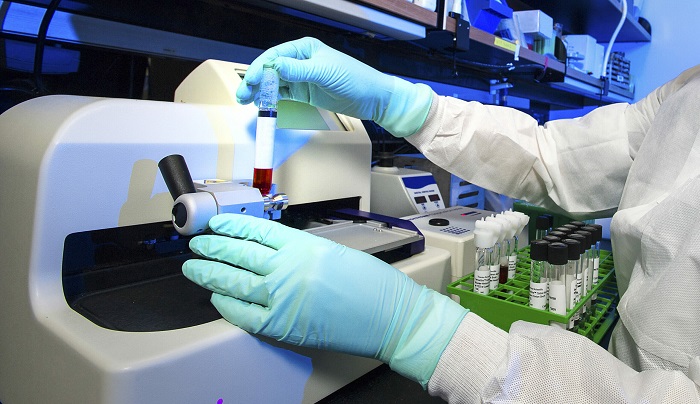
A new artificial intelligence (AI) tool has been developed by experts at the Royal Marsden NHS foundation trust, the Institute of Cancer Research London, and Imperial College London, which has been said to accurately identify cancer.
Cancer is a leading cause of death worldwide, accounting for about 10 million deaths each year, or nearly one in six deaths. However, the disease can often be cured if detected early and treated swiftly.
An article written by Health editor Andrew Gregory outlines how this new AI algorithm was made using the scans of around 500 patients and detects whether abnormal growths/nodules found on CT scans are cancerous, potentially speeding up the diagnosis and treatment of the disease. The model uses radiomics, a technique that can extract crucial information from medical images that may not be noticeable to the human eye.
The AI model was then tested and found to be more efficient and effective than current diagnostic methods such as the Brock score and Herder score. Researchers hope that the AI tool will improve early detection of the disease and potentially make cancer treatment more successful by highlighting high-risk patients and fast-tracking them to earlier intervention.
The study was supported by the Royal Marsden Cancer Charity, the National Institute for Health and Care Research, RM Partners, and Cancer Research UK and was published in the Lancet’s eBioMedicine journal. However, more testing is required before the model can be introduced into healthcare systems.
Read the full article from the Guardian here.





